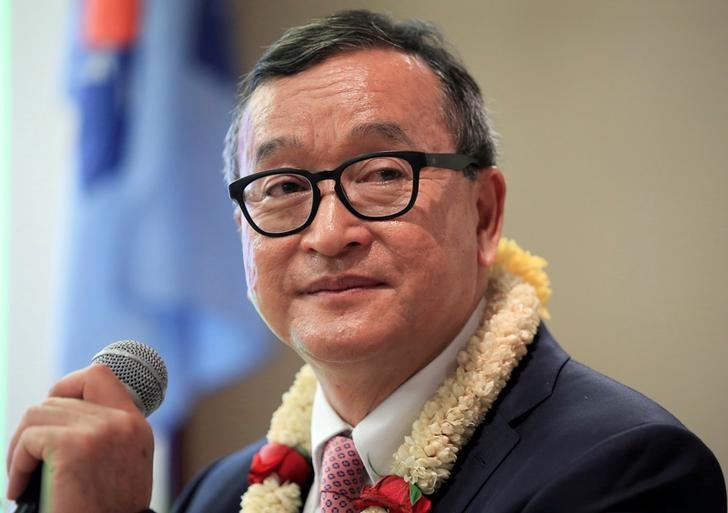PHNOM PENH—Cambodia’s main opposition party risks being banned by the Supreme Court rules on Thursday, Nov. 16, due to a suit brought by the current authoritarian government the Cambodia People’s Party (CPP) led by former Khmer Rouge commander Hun Sen, a senior leader said.
The authoritarian government called for the ban after arresting Cambodia National Rescue Party (CNRP) leader Kem Sokha on Sept. 3 and charging him with “treason” for an alleged plot to take over the Southeast Asian country with “help from the United States.”





